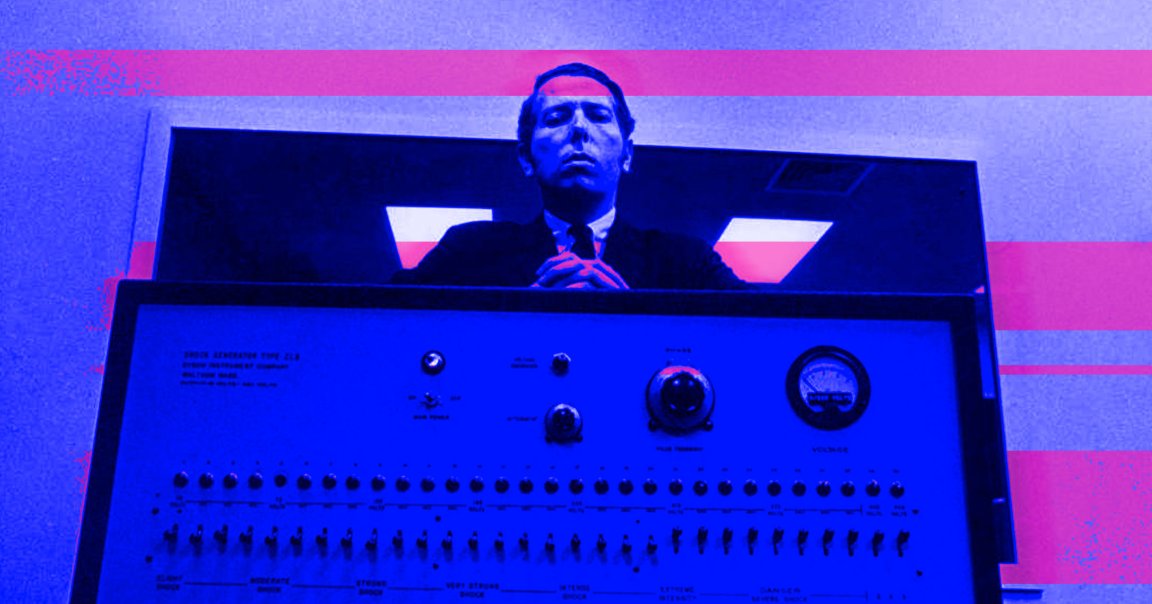
Science in Crisis
A lot of what we think we know about psychology is probably wrong.
A major research initiative, the second of its kind, tried to reconstruct 28 famous classic psychology experiments. But of those 28, only 14 of the experiments yielded the same results, according to research published Monday in the journal Advances in Methods and Practices in Psychological Science.
For the past several years, world leaders in psychology research have been scrambling to investigate a looming scandal in their field: many key findings from landmark psychological experiments, in spite of many scientists’ best efforts, have never been replicated. In other words, the insights about the mind uncovered by those experimenters may be totally invalid — but it’s difficult to tell who was wrong about what.
Take Two
That’s why many scientists are working to reproduce classic experiments — recreating their conditions and methodologies to see if they arrive at the same results — and reinvestigating the reasons why some studies led to new discoveries and others didn’t.
The new paper lays out the 28 studies one after another, comparing and contrasting the original findings with what contemporary scientists discovered. For example, a 2007 study on the trolley problem held up to scrutiny — just as before, most people found it impermissible to push one person onto the tracks in order to stop a trolley from running over five people.
A common critique of modern psychological research is that participants tend to be WEIRD — a term researchers use to describe subjects who are Western, Educated, Industrialized, Rich, and Democratic nations; many professors recruit undergraduates to participate in their studies. But this new massive attempt to replicate existing scientific literature, which began back in 2014 and involved over 60 labs around the world, found little difference among different samples or groups of participants.
Failed Exam
When scientists found that they couldn’t replicate a study — which, again, happened for half of the experiments they analyzed — they found that they couldn’t do so regardless of where they were conducted or who made up the sample pool. If replicability truly depended on the WEIRDness of the participants, then there would have been a random smattering of successes and failures among different labs.
But because every attempt to reach the same conclusions as those 14 studies failed, it may be that their findings, and things that scientists claimed to have discovered about the human mind, could be totally invalid.
READ MORE: Center for Open Science (via Twitter)
More on the Replication Crisis: An Academic Publisher Challenges its Peers: Verify the Research you Publish